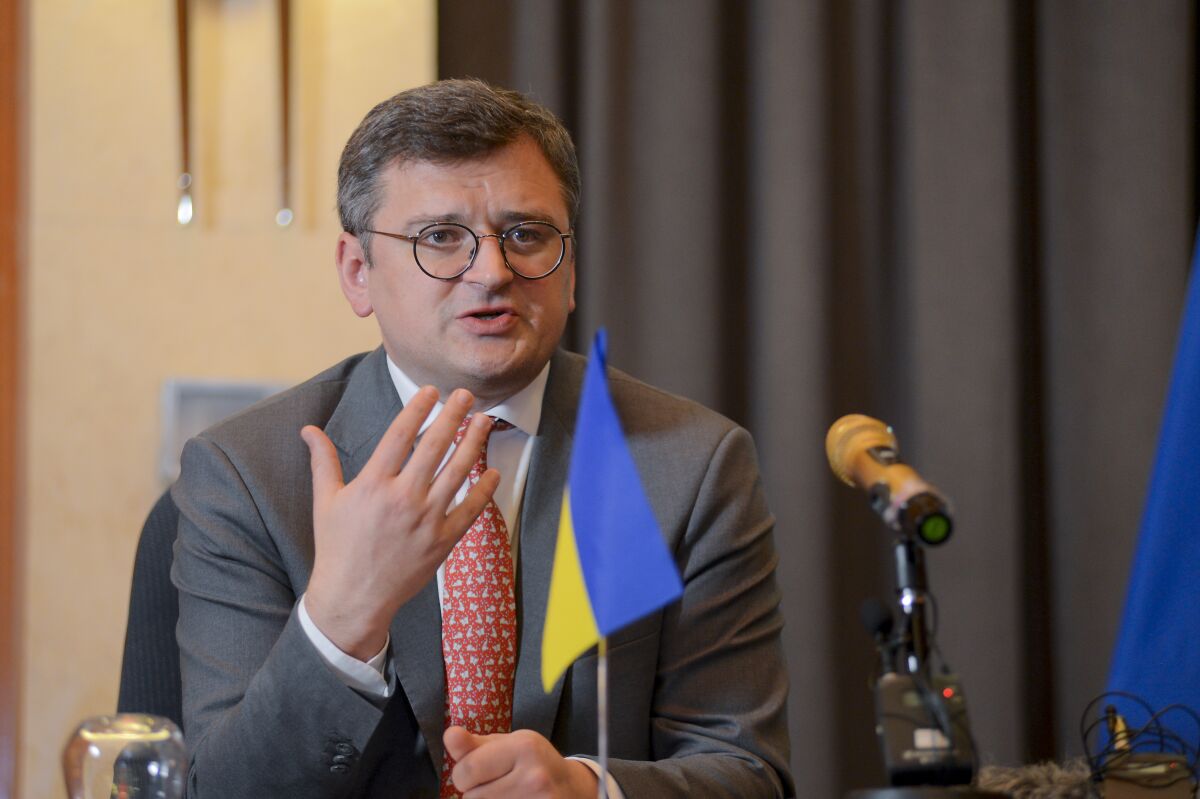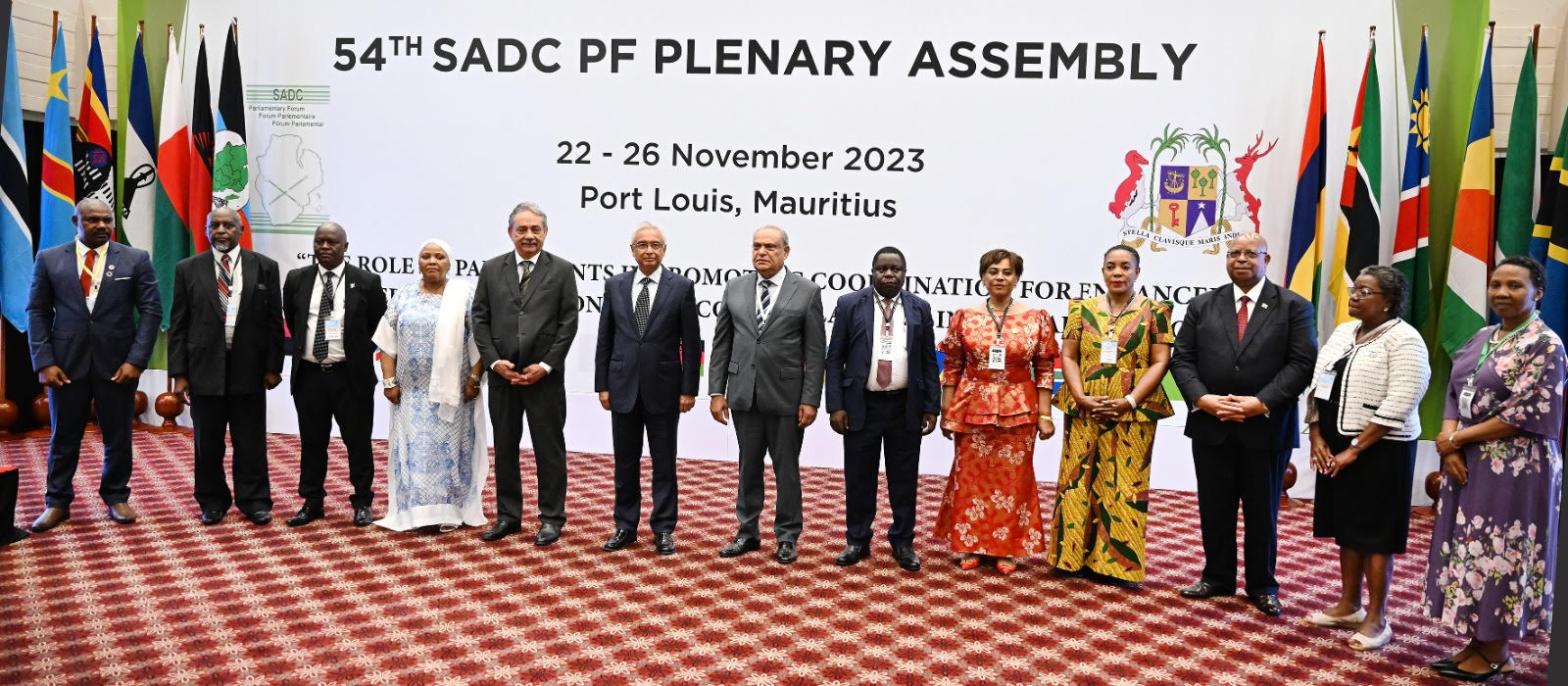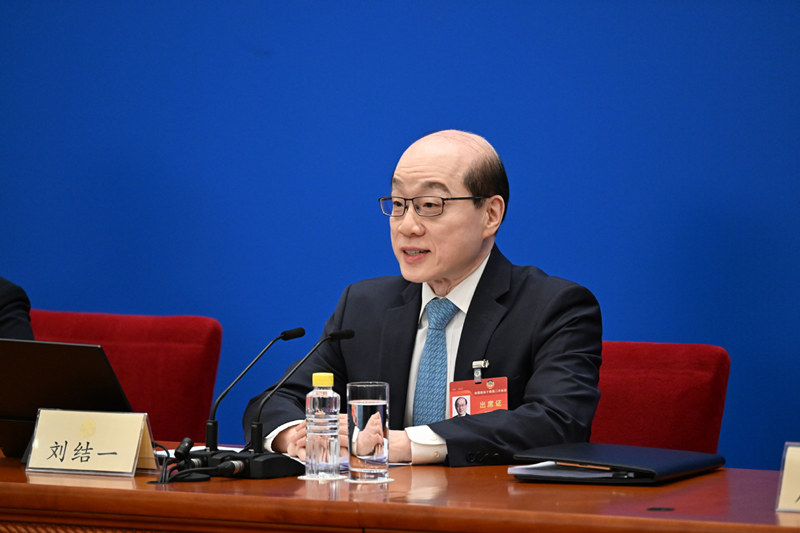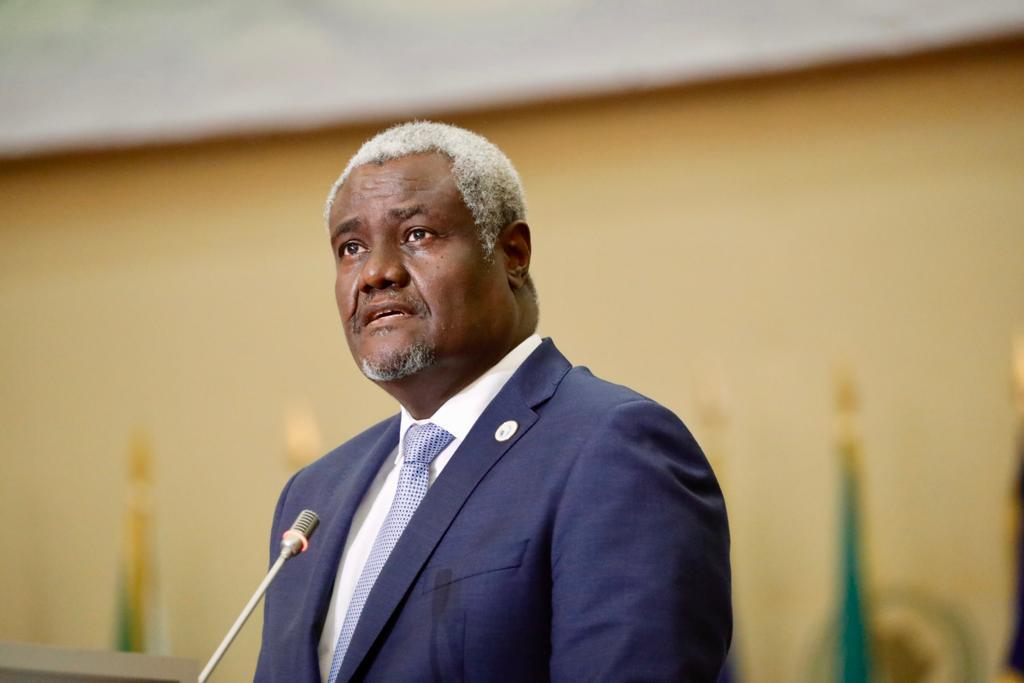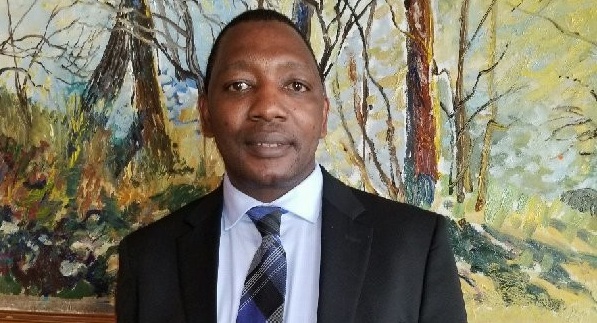
The Pan Afrikanist Watchman–
Botswana Minister Counselor at the Permanent Mission of the Republic of Botswana to the United Nations, Dr. Edgar Sisa, reiterated before the United Nations substantive Session of the Special Committee on Decolonization (C-24) 76th Session of the UN General Assembly, held last Monday 13 June, Botswana’s “support for the full decolonization of Western Sahara”.
He regretted that the “obstruction resulted in the collapse of the 1991 Ceasefire on 13 November 2020. We note with deep concern that there has been a further deterioration of the situation on the ground in the aftermath of the collapse of the ceasefire. In addition to longstanding violations as well as an escalation of military hostilities, there have been attacks on civilians and human rights activists.”

Following is the full text of the statement delivered by Dr. Edgar Sisa, Minister Counsellor at the Permanent Mission of the Republic of Botswana to the United Nations.
Thank you Madam Chair,
1. At the outset, let me commend you for your dedicated and skillful leadership in overseeing the programme of work of the Special Committee (C-24).
2. Botswana has the honour to participate, as observer, in the Committee’s consideration of the agenda item on the “Question of Western Sahara.”
Chair,
3. During this “Fourth International Decade for the Eradication of Colonialism,” it is important that efforts be redoubled to make the right to self-determination a reality for the people of the 17 Non-Self-Governing Territories.
4. In this regard, Botswana expresses its solidarity with the people of Western Sahara, the last colony in Africa, and underscores its support for their inalienable right to self-determination.
5. We are concerned that in spite of Western Sahara having been on the agenda of the Fourth Committee for almost 60 years, some 46 years having passed after the landmark 1975 Advisory Opinion of the International Court of Justice (ICJ), and 30 years since the Sahrawi people were promised a referendum, their self-determination remains elusive now more than ever. This is mainly due to unilateral obstructive actions that continue to occur.
6. Regrettably, the obstruction resulted in the collapse of the 1991 Ceasefire on 13 November 2020. We note with deep concern that there has been a further deterioration of the situation on the ground in the aftermath of the collapse of the ceasefire. In addition to longstanding violations as well as an escalation of military hostilities, there have been attacks on civilians and human rights activists.
7. In this context, there is an urgent need to recommit to diplomacy and dialogue in order to deliver a just, peaceful, and lasting solution. It is thus imperative that parties cooperate with the Secretary General’s Personal Envoy for Western Sahara, Mr. Staffan De Mistura and work towards relaunching the peace process and resuming substantive negotiations. The ultimate objective of the political process will be to enable the Sahrawi people to exercise their inalienable right to self-determination and independence.
8. The situation also requires that the C-24 fully assumes its responsibility in the protection of the political, economic, social, and cultural rights of the Sahrawi people as is the case with other Non-Self-Governing Territories. We therefore continue to encourage the Committee to undertake a visiting mission to Western Sahara to have an appreciation of the situation in the Territory. The visiting mission is long overdue given that the last one was conducted in 1975.
Chair,
9. After three decades of trusting the United Nations to deliver their right to self-determination, the Sahrawi people deserve to see progress. The C-24, given the interactive aspect of its mandate, is best placed to add momentum to the UN’s process of fulfilling its promise to the people of Western Sahara.
10. I must also indicate that the UN has a strong partner, the African Union (AU), whose active involvement will consolidate the process of decolonising Western Sahara. I therefore encourage the C24 to actively support the efforts of the African Union (AU) which are aimed at reaching a peaceful and lasting solution to the conflict in line with the objectives and principles of the AU Constitutive Act and relevant OAU/AU resolutions as well as the UN-OAU Settlement Plan.
11. In conclusion, Chair, let me reiterate Botswana’s support for the full decolonization of Western Sahara. The granting of the right to self-determination and the subsequent full independence of the territory will be a positive contribution to sub-regional, regional, and international peace and security.
Thank you.”






